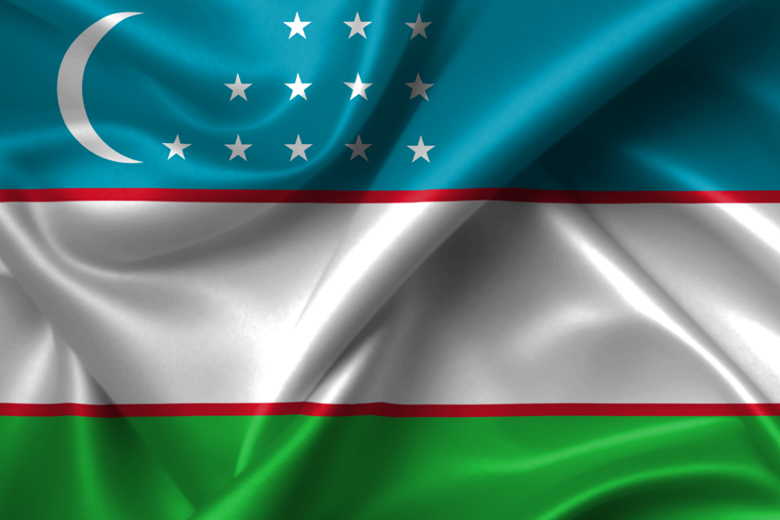
Dec 15, 2018 | News
From 10 to 14 December, the International Commission of Jurists (ICJ) conducted a research mission to Uzbekistan to identify some of the main obstacles impeding access to justice for economic, social and cultural (ESC) rights.
ICJ experts met with key stakeholders, including relevant State bodies, CSOs, independent experts and other actors to discuss legal and practical aspects of access to justice for ESC rights.
Adopting a legal aid system for cases related to ESC rights, public accessibility of court judgements including on ESC rights and its effect on enjoyment of ESC rights, relevant reforms which concern vulnerable groups were discussed among other things with the stakeholders.
The findings will be part of the report on access to justice for ESC rights in Uzbekistan.
The mission included Jarna Petma, ICJ Commissioner as well as a number of staff members of the ICJ Europe and Central Asia Programme.
The ICJ appreciates the facilitation of the Government of Uzbekistan and of the European Union Delegation, for essential support in organisation of the mission.
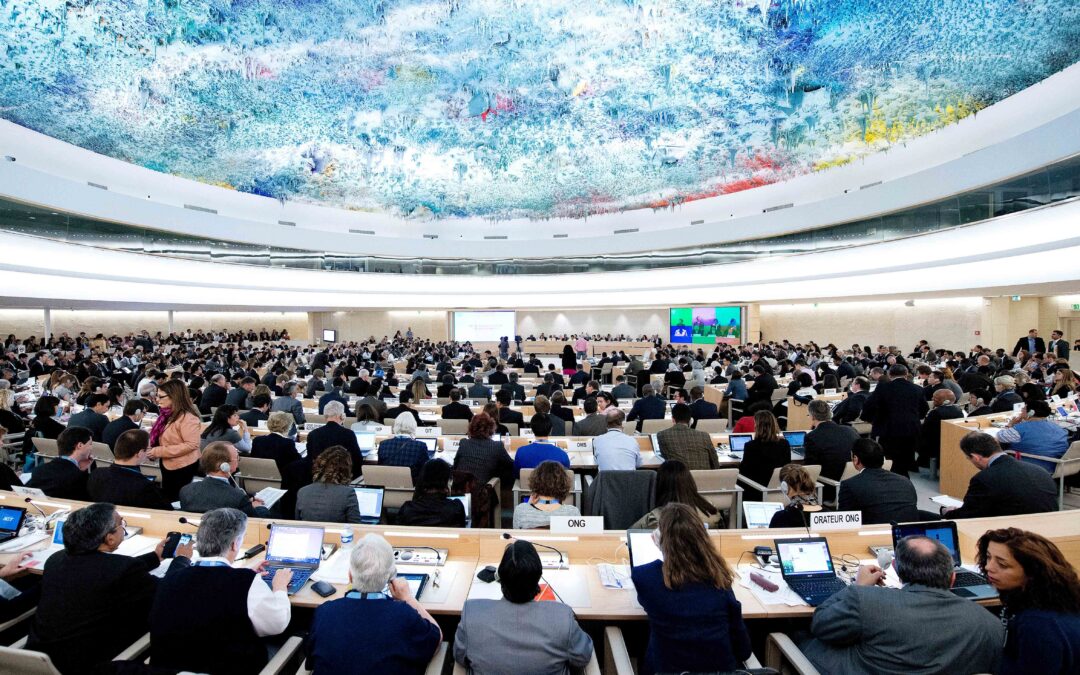
Dec 15, 2018 | Agendas, Events
Today begins in Ankara (Turkey) a one-day workshop for lawyers and CSO practitioners on the use and strategies of UPR mechanisms.
This event is organized by ICJ, in cooperation with its partners Kapasite Geliştirme Derneği and Human Rights Joint Platform, as part a/the EU co-financed project Rebuilding and Ensuring Access to justice with civil society in Turkey.
20 lawyers and civil society practitioners are taking part in the workshop on 15 December in Ankara.
The workshop aims at discussing the functioning of the Universal Periodic Review of the UN Human Rights Council in which all States undergo periodically a peer-review of their human rights situation by other States. Turkey is set for its third cycle of examination in 2019
The main thematic areas to be discussed will be access to justice in Turkey, the situation of the judiciary and the rule of law, and the protection of womens’ rights.
The project is funded by the European Instrument for Democracy and Human Rights (EIDHR) of the European Union.
Turkey-Training-Agenda-UPR-Ankara-2018-tur (download the agenda in Turkish)
Turkey-Training-Agenda-UPR-Ankara-2018-eng (download the agenda in English)
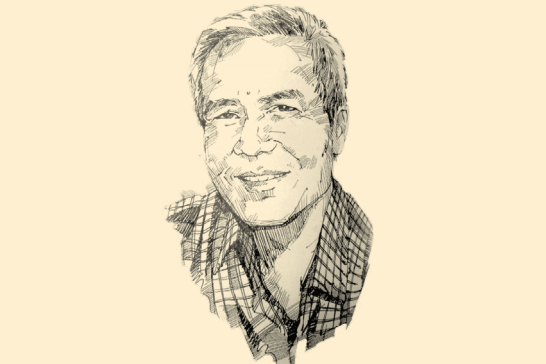
Dec 14, 2018 | News
Today, on the sixth anniversary of the disappearance of Lao civil society leader Sombath Somphone, the ICJ joined 106 organizations and 37 individuals in a joint statement calling for an independent, impartial and effective investigation to reveal his fate and whereabouts.
The statement read as follows:
14 December 2018: On the eve of the sixth anniversary of the enforced disappearance of Lao civil society leader Sombath Somphone, we, the undersigned organizations, reiterate our calls for the Lao government to conduct an independent, impartial and effective investigation to reveal his fate and whereabouts.
Sombath was last seen at a police checkpoint on a busy street of the Lao capital, Vientiane, on the evening of 15 December 2012.
Footage from a CCTV camera showed that Sombath’s vehicle was stopped at the police checkpoint and, within minutes, individuals forced him into another vehicle and drove him away in the presence of police officers. CCTV footage also showed an unknown individual driving Sombath’s vehicle away from the city center.
The fact that police officers were present at and witnessed Sombath’s abduction and failed to intervene strongly indicates state agents’ involvement in, or acquiescence to, human rights violations committed against Sombath, which include the crime of enforced disappearance.
Later that evening, witnesses reportedly saw Sombath at a police holding facility in Vientiane yet to date officials have provided no information about what he was doing there and subsequently what happened to him.
For the last six years, the Lao government has failed to provide any credible answers with regard to the disappearance of Sombath Somphone.
In its most recent pronouncements, made during the review of Laos’ initial report by the Human Rights Committee (CCPR) in July 2018, the Lao government said it had been “trying very hard” to investigate Sombath’s fate and whereabouts.
However, this statement has been contradicted by the government’s refusal to accept international assistance in conducting the investigation and to provide any details about the progress of its investigation.
Lao authorities have failed to disclose any new findings from their investigation of Sombath’s case to the public since 8 June 2013 and have met with his wife, Shui Meng Ng, only twice since January 2013.
Despite the government’s recent claim that police had the “capacity and techniques” to reveal Sombath’s fate and whereabouts, we remain extremely concerned by the lack of progress in the investigation by Lao authorities into his case and reiterate our call for Vientiane to allow international assistance towards conducting an independent, impartial and thorough investigation according to international law and standards.
The Lao authorities have international legal obligations to conduct such investigations and to bring persons responsible for serious violations to justice under treaties to which they are party, including the International Covenant on Civil and Political Rights and the Convention against Torture.
We also urge the Lao government to ratify the International Convention for the Protection of All Persons from Enforced Disappearance, which Laos signed in September 2008, to incorporate the Convention’s provisions into the country’s domestic legislation, and implement it in practice.
Until Sombath Somphone’s fate and whereabouts are revealed, we will not stop demanding that Sombath be safely returned to his family and we will continue to ask the Lao government: “Where is Sombath?”
Laos-SombathSomphoneDisappearance-Advocacy-JointStatement-ENG-2018 (full statement, including list of signatories, PDF in English)
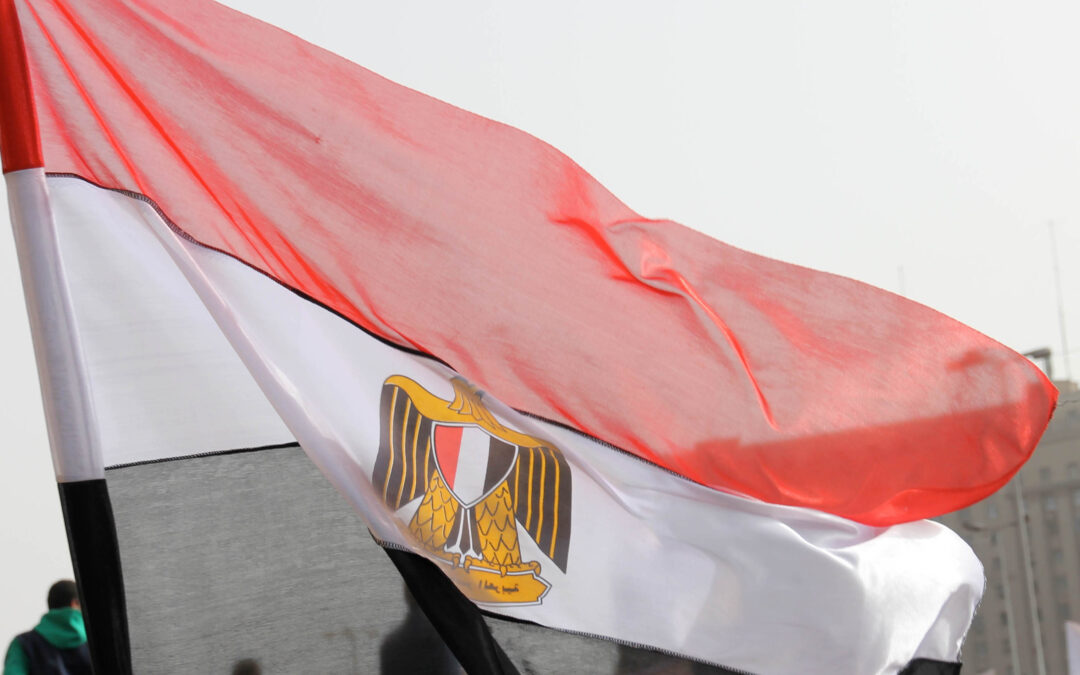
Dec 14, 2018 | News
The Egyptian authorities should immediately and unconditionally release human rights lawyer Mohamed Ramadan and drop the charges against him or otherwise charge him with a recognizable crime consistent with international law, said the ICJ today.
Mohamed Ramadan was arrested, by plainclothes security officers on 10 December 2018, after attending proceedings concerning the renewal of a detention order against one of his clients. The client, Ayman Mahmoud, himself had been evidently detained for political reasons, and charged with joining and promoting an “illegal group” and “spreading false news on Facebook and Twitter to harm State interests.”
Following his arrest, Mohamed Ramadan was detained overnight in the National Security Agency Office. Ramadan’s family and lawyers did not know of his whereabouts until he was brought before the Alexandria Prosecutor on 11 December 2018.
According to information available to the ICJ, the Prosecutor charged Ramadan with joining a terrorist group, promoting its ideology including through social media and possession of publications supporting the group’s purpose (Case No. 16576/2018 Montaza), and ordered that he be detained for 15 days.
The charges appear to be to intended to prevent Ramadan’s exercise of freedom of expression and work as a lawyer. One of the lawyers who attended Ramadan’s interrogation on 11 December 2018 informed the ICJ that Ramadan had been informed by the Prosecutor to stop representing political detainees.
“The Egyptian authorities have engaged in a pattern of arresting, detaining and charging lawyers, human rights defenders and others perceived as opponents on unsubstantiated or illegitimate charges and in violation of their rights, typically under the pretext of fighting its ‘war on terrorism’,” said Saïd Benarbia, ICJ MENA Director. “The authorities should stop using laws that are purportedly designed to counter terrorism to silence persons exercising their human rights and lawyers carrying out their proper professional functions.”
According to lawyers who attended Mohamed Ramadan’s interrogation on 11 December, the Prosecutor alleged Ramadan possessed flyers opposing Egyptian President Sisi and multiple yellow vests. A credible news source reported that, prior to his arrest, Ramadan had posted a photograph on Facebook in which he wore a yellow vest to mock the government’s restriction on the sale of them.
According to media reports, earlier this month Egyptian authorities restricted the sale of yellow vests until the end of January 2019, in fear that opponents might be influenced by the French gilet jaunes protests to hold similar protests during the anniversary of the 2011 uprising against Hosni Mubarak next month.
Mohamed Ramadan is one of a number of lawyers who have been targeted in connection with carrying out their professional functions or for being perceived as opposing the Egyptian authorities.
“Imprisoning human rights lawyers, charging them for posting comments online, and deterring them from defending clients hampers the independent role they should play as a lawyer and as a last line of defence against the authorities’ abuses,” said Said Benarbia. “Egypt must protect these lawyers and safeguard their security, not muzzle their voices through abusive criminal proceedings.”
Background
In April 2017, the Alexandria Criminal Court convicted Ramadan in absentia of inciting terrorism, and sentenced him to ten years’ imprisonment followed by five years’ house arrest and a five year ban on using the internet, for posting comments attributed to him on fake Facebook profiles which were critical of the Egyptian President. His retrial is suspended until the Supreme Constitutional Court decides on the constitutionality of the Counter-Terrorism Law.
Any person arrested has the right to inform, or have the authorities notify, someone that they have been arrested and where they are being held. Detainees must be given access to a lawyer, a doctor and their family, from the time they are taken into custody, including police custody.” Restrictions on communicating with a laywer during detention also undermines the rights to liberty and to a fair trial, including under articles 9 and 14 of the International Convention on Civil and Political Rights (ICCPR), to which Egypt is a party.
Articles 19, 22 and 25 of the ICCPR protect the rights to freedom of expression, to freedom of association and to participate in public affairs. The United Nations Declaration on Human Rights Defenders commits States to generally protecting such rights exercised by HRDs and requires states to protect HRDs from violence, threats, retaliation, de facto or de jure adverse discrimination, pressure or any other arbitrary action for the lawful exercise of such rights.
Paragraphs 16 and 18 of the UN Basic Principles on the role of Lawyers require states to ensure lawyers are able to perform of their professional functions without intimidation, hindrance, harassment or improper interference, are not prosecuted or threatened with prosecution for any action taken in accordance with recognized professional duties, standards and ethics, and can exercise freedom of expression.
The ICJ has previously expressed concern over the arbitrary arrests and enforced disappearance of human rights defenders, lawyers, and political activists and persons otherwise providing support to political detainees.
In June 2018, the ICJ also expressed its concerns about Egypt’s repeated renewals of the State of Emergency since April 2017, and the use of the state of emergency to suppress the activities of and persecute students, human rights defenders, political activists, union members and those suspected of opposing the government.
Egypt-MohRamadan-News-web stories-2018-ARA (full story in Arabic, PDF)
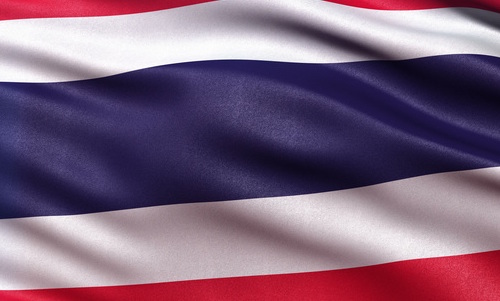
Dec 13, 2018 | Advocacy, News, Non-legal submissions
The ICJ and Thai Lawyers for Human Rights (TLHR) welcome the decision of Prime Minister Gen. Prayut Chan-o-cha, acting as the Head of the National Council for Peace and Order (NCPO), to lift certain restrictions on political activities.
The organizations highlight, however, that much more is needed to fully reinstate protection of human rights and fundamental freedoms in Thailand ahead of elections scheduled to be held on 24 February 2019.
This order repealed Article 12 of HNCPO Order No. 3/2558, which prohibited the gathering of five or more persons for a “political purpose”, lifting a ban which had carried a punishment of imprisonment not exceeding six months and/or a fine not exceeding 10,000 Baht.
“The lifting of the ban on political gatherings is welcome – however, the new order only lifts one specific restriction imposed by HNCPO Order 3. Restrictions on fundamental freedoms imposed by other articles of HNCPO Order 3, such as the granting of broad, unchecked powers to military officers to investigate, arrest and detain persons for up to seven days, remain in force,” said Kingsley Abbott, ICJ’s Senior International Legal Adviser.
“We reiterate our call for the Thai government to immediately amend and repeal all laws, HNCPO Orders, NCPO orders and announcements inconsistent with Thailand’s international human rights obligations.”
ICJ and TLHR also express serious concern that even as nine orders and announcements have been repealed by HNCPO Order No. 22/2561, Article 2 of the order clarifies that “prosecutions, actions or operations” already in effect by virtue of those orders will not be affected by the coming into force of the Order.
Cases brought before 11 December 2018 under HNCPO Order No. 3/2558 to penalize persons exercising their rights to free expression, assembly and association can therefore legally continue to be prosecuted in courts.
“Cases brought under the now-repealed section of HNCPO Order 3 should be dropped or withdrawn. They should have never been brought before the courts in the first place,” said Abbott.
“In the lead up to elections next year, the Thai government must take further steps to expand space for free expression, assembly and association. This new order is welcome, but it is certainly not enough.”
Further information is available in the full statement below
Thailand-Lifting political ban-Advocacy-Joint Statement-2018-ENG (full statement in English, PDF)
Thailand-Lifting Political Ban-Advocacy-Joint Statement-2018-THA (full statement in Thai, PDF)
See also
ICJ, ‘Thailand: Lift ban on political gatherings and fully reinstate all fundamental freedoms in Thailand’, 1 October 2018
Further reading
ICJ, TLHR and Cross-Cultural Foundation (CrCF), Joint Follow-up Submission to UN Human Rights Committee, 27 March 2018
ICJ and TLHR, Joint submission to the UN Human Rights Committee, 13 February 2017
Contact
Kingsley Abbott, ICJ Senior Legal Adviser, email: kingsley.abbott(a)icj.org









